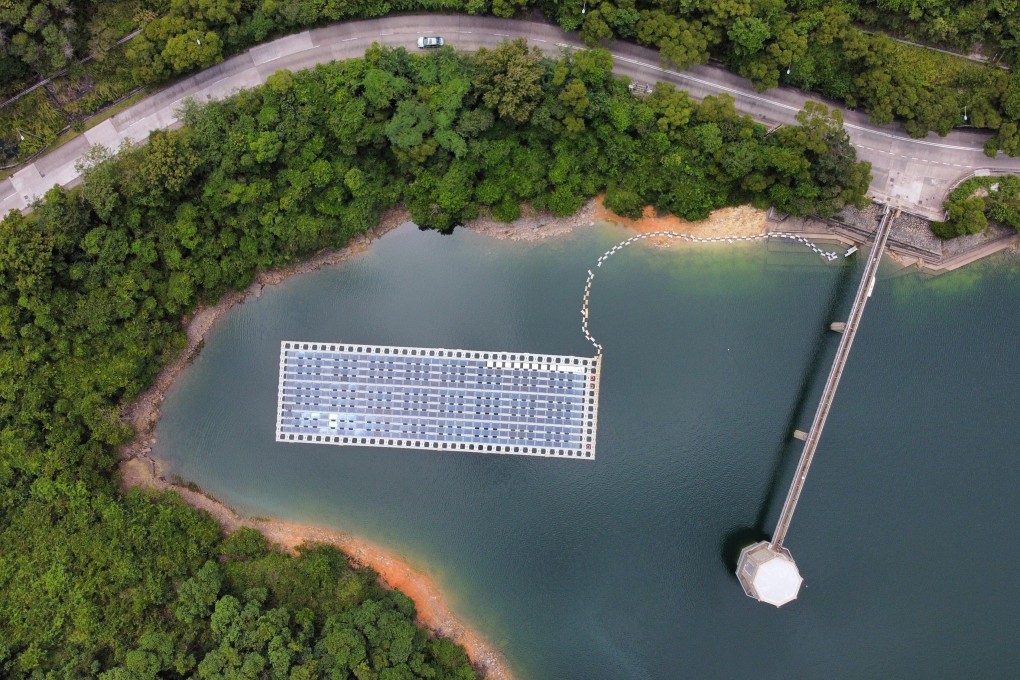Advertisement
Opinion | How Hong Kong can be a climate change superconnector
- The city can take a two-pronged approach, accelerating local decarbonisation while helping finance the climate transition across Asia
Reading Time:3 minutes
Why you can trust SCMP

There are few international financial centres situated so close to nature as Hong Kong. On a good day I can reach the beach within 20 minutes from my desk; in under an hour, I can stand among the birds and frogs of the Yuen Long wetlands. The Hoi Ha Wan Marine Park, host to more than 60 species of coral, is only 20km or so away from Mong Kok, one of the most densely populated neighbourhoods on the planet.
Advertisement
So it is entirely appropriate that Hong Kong, long a hub of global capital, has become a green finance champion. The local government is already the largest green bond issuer in the Asia-Pacific region, propelling the development of the corporate market.
Environmental considerations feature in almost every conversation I have with business leaders. That suggests there is an opportunity for our city to model how to protect biodiversity and limit emissions at home, while increasing financial support for Asia’s climate transition.
Hongkongers are already feeling the effects of climate change. By the 2040s, an interuniversity team of Hong Kong researchers predict, residents will sweat through an average of 48 nights per year in which temperatures remain above 28 degrees, up from 32 at present. Extreme rainfall could increase by 40 per cent, they warn.
As a port city, rising sea levels are a particular risk; should the ocean rise as the Intergovernmental Panel on Climate Change projects, commercial districts that generate over 80 per cent of the city’s fiscal revenue could ultimately be affected, according to estimates by China Water Risk.
Advertisement
This city recognised these risks early on. Urban emissions peaked a decade ago. The government has sharply reduced coal use and is phasing out coal in electricity generation by 2035, striving to achieve carbon neutrality by 2050.

Advertisement

